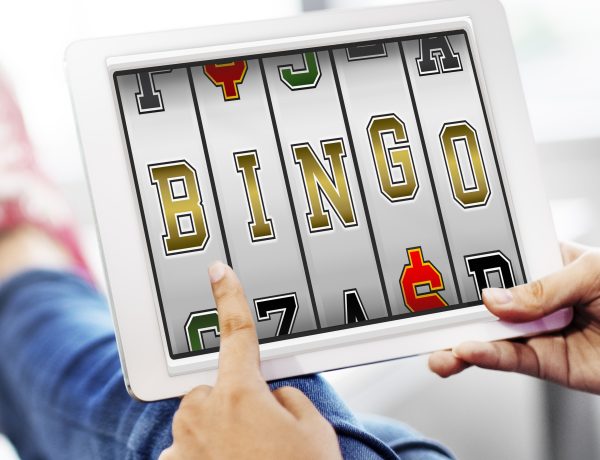Successful poker players often share a common trait: patience. In the fast-paced rounds and intense atmosphere of a poker game, knowing when to hold back and when to make your move can significantly impact your performance. This skill, however, isn’t innate for everyone and requires practice and strategic application. The following insights aim to equip players with practical advice on developing patience, a critical component in the arsenal of any poker enthusiast.
Recognizing the Value of Patience in Poker
In poker, patience is an essential trait that can significantly impact a player’s performance. Players who rush their decisions tend to make mistakes, increasing their chances of losing. Patience allows you to analyze other players, understand the dynamics of the game, and make informed decisions based on logic rather than impulse. Patience helps players to recognize the right moment to enter a hand and when to hold back. It also enables you to avoid bad decisions that can lead to losing money or chips. By being patient, you give yourself time to observe other players and study their moves. Through this, you can identify patterns in their behavior that can give away the strength of their hand or their confidence level, which can be crucial information when making your own decisions.
Developing Patience Through Practice
To build patience, start by playing in low-stakes or friendly games where the pressure is lower. This environment gives you the freedom to focus on your strategy rather than the outcome. Each hand you’re dealt is an opportunity to practice patience; decide deliberately whether to fold, call, or raise.
Observing Opponents
A patient player uses the time when they are not actively participating in a hand to observe their opponents. Watch for patterns in their behavior that might give away the strength of their hand or their confidence level. This information is crucial and can only be gathered by patiently observing rather than rushing through the game.
Decision Making
Every decision in poker should be a product of careful thought and observation. Thinking several moves ahead and considering various outcomes can only be done by taking your time. Remember, a rushed decision is rarely a well-informed one. Patient players weigh their options and the potential consequences before acting.
Transitioning to Online Play
Playing poker games online introduces unique challenges and opportunities in the realm of patience. The pace of play is generally faster than in-person games, and you’re often playing multiple tables at once. This increased pace doesn’t reduce the need for patience; if anything, it becomes even more critical. Online, you miss some physical tells from your opponents, so taking the time to analyze betting patterns and playing styles is key.
Time Management
Effective time management can indirectly foster patience. Online or in-person, allocate specific times for poker, ensuring it doesn’t clash with other responsibilities. This eliminates the need to rush through games, allowing more time to make deliberate decisions.
Practice Makes Perfect
Ultimately, patience is a skill improved through consistent practice. Engage in regular play but do so with the intention of improving this particular aspect of your game. Reflecting on past games and identifying moments when impatience cost you can provide valuable lessons for future games.
Managing Emotions in Poker Games
Poker games can be intense, and it’s easy to get caught up in the moment. However, managing emotions is crucial to becoming a patient player. When you let emotions like frustration, anger, or desperation take over, you’re more likely to make hasty decisions that can cost you the game. So, what can you do to manage your emotions and stay patient during a poker game?
One helpful technique is deep breathing. This simple practice can help reduce stress and anxiety, allowing you to think more clearly. Take a few deep breaths before making a decision, and you’ll be surprised at how much it can help.
Another approach is to take short breaks. If you’re feeling overwhelmed or frustrated, stepping away from the game for a few minutes can help you regain your composure. Take a walk, grab a snack, or do something else to clear your mind before returning to the game.
Finally, it’s essential to remind yourself of your long-term goals during the game. Winning a single hand might feel great in the moment, but it’s important to keep the bigger picture in mind. Focus on making the best decisions possible in each hand, knowing that the patience and discipline you demonstrate will pay off in the long run. By managing your emotions, you’ll be better equipped to stay patient and make informed decisions throughout the game.
Conclusion
Patience in poker is both a necessity and an asset. It shapes a disciplined player capable of making strategic decisions and capitalizing on the right opportunities. By recognizing the importance of patience, managing emotions, observing opponents, and making informed decisions, players can improve not only their game but their winning potential.
Read more entertainment and gambling articles at ClichéMag.com
Images provided by Deposit Photos, BingAI, Adobe Stock, Unsplash, Pexels, Pixabay & Creative Commons





